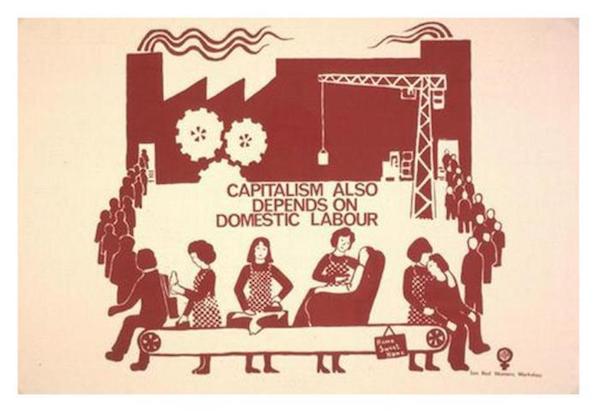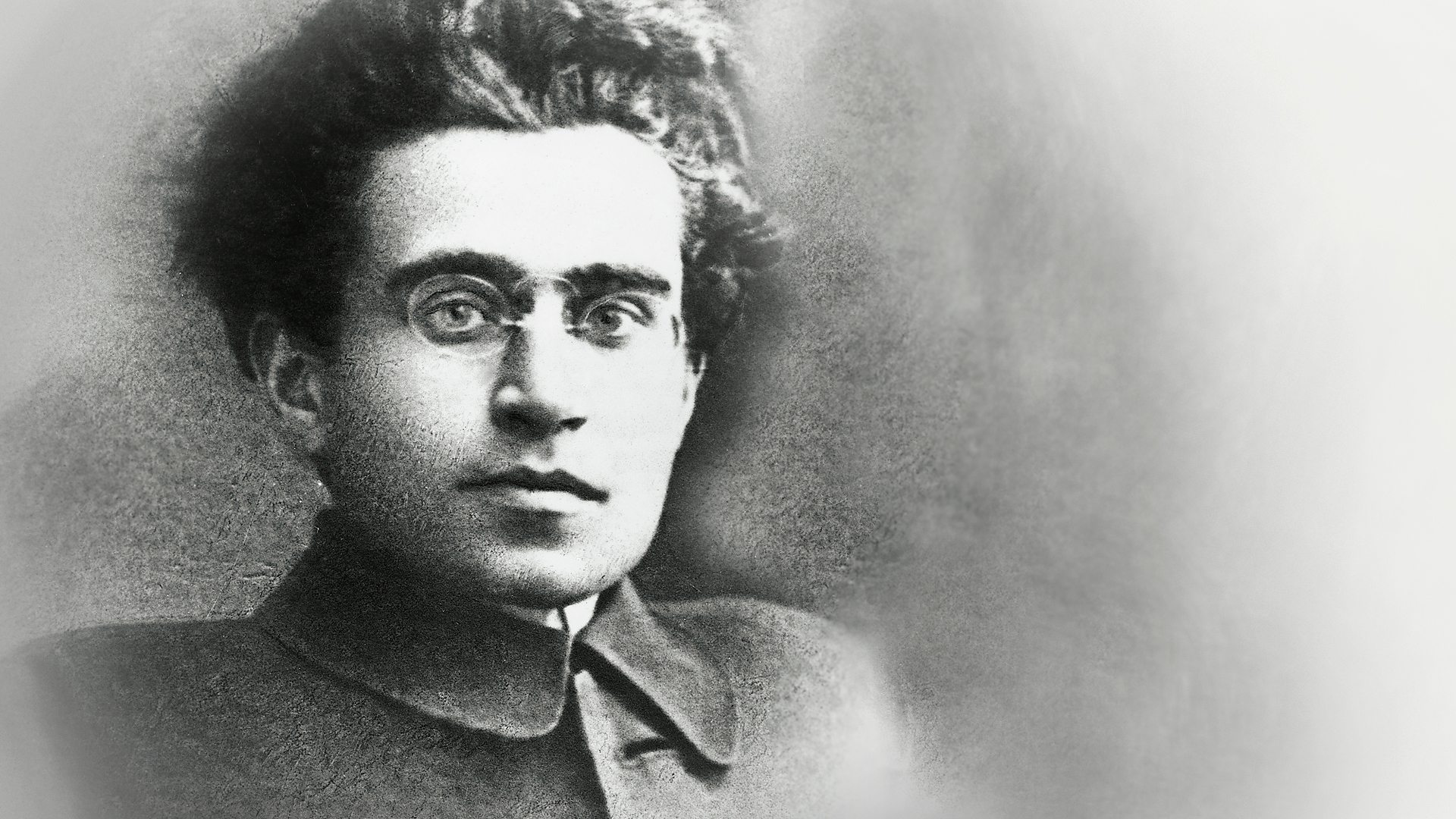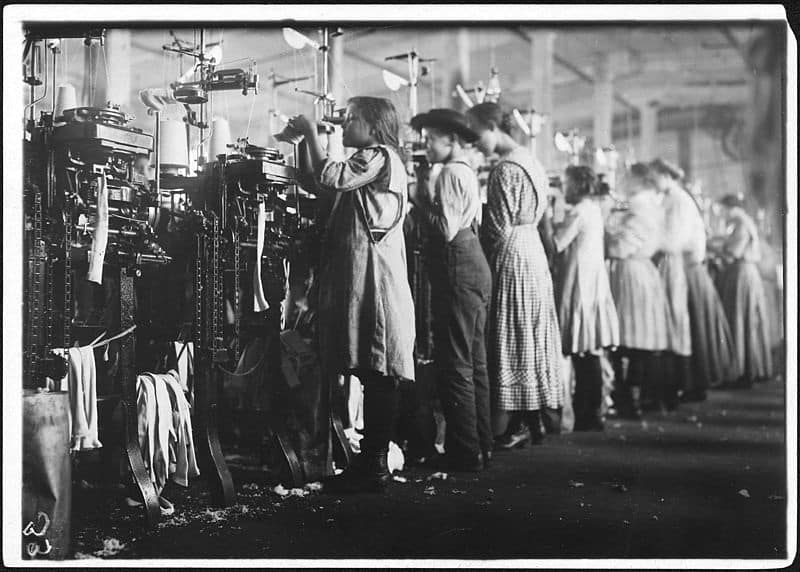
“Bring slaughter to an end: expropriate the meat

Reviewed by Pip Hinman
Social Reproduction Theory
Edited by Tithi Bhattacharya
Pluto Press $45
December 7, 2018 — Links International Journal of Socialist Renewal — The rise of #MeToo, the anti-rape culture movement in India, the US women's strike and the pro-choice movements that have rocked Ireland and Argentina reveal that a new generation of feminist activists — some of whom may not have heard of “second-wave feminism” nor read the debates — is now organising for change.
They are fighting back because their hopes and aspirations for a better, more equal life are being thwarted. They experience oppression as women and as workers. They may not all identify as feminist (thanks to liberal feminism), but they are fighters against women’s oppression nonetheless.
These are some of the people Tithi Bhattacharya hopes to reach with Social Reproduction Theory, a collection of essays that focus on developing and linking class and gender theory.

December 1, 2018 – Links International Journal of Socialist Renewal – In this period of global crises and ferment, radical and revolutionary activists are reaching for modes of organization and political practice that can help advance their struggle for human liberation. For growing numbers, the political and organizational perspectives of Vladimir Ilyich Lenin are becoming a pole of attraction – providing an increasingly desired coherence and revolutionary edge. Yet the Leninist tradition can most fruitfully be understood not as providing dogmatic Truths fashioned by a revolutionary genius, but rather as a collective project and process, creatively fashioned and made relevant by insightful, passionate activists engaging with a variety of contexts.
Antonio Gramsci (1891-1937) offers an incredibly rich way of articulating and applying Leninist perspectives.
/https://www.thestar.com/content/dam/thestar/news/insight/2017/08/05/the-toronto-stars-age-of-unreason-series/unreasonemotionlogic.jpg)


